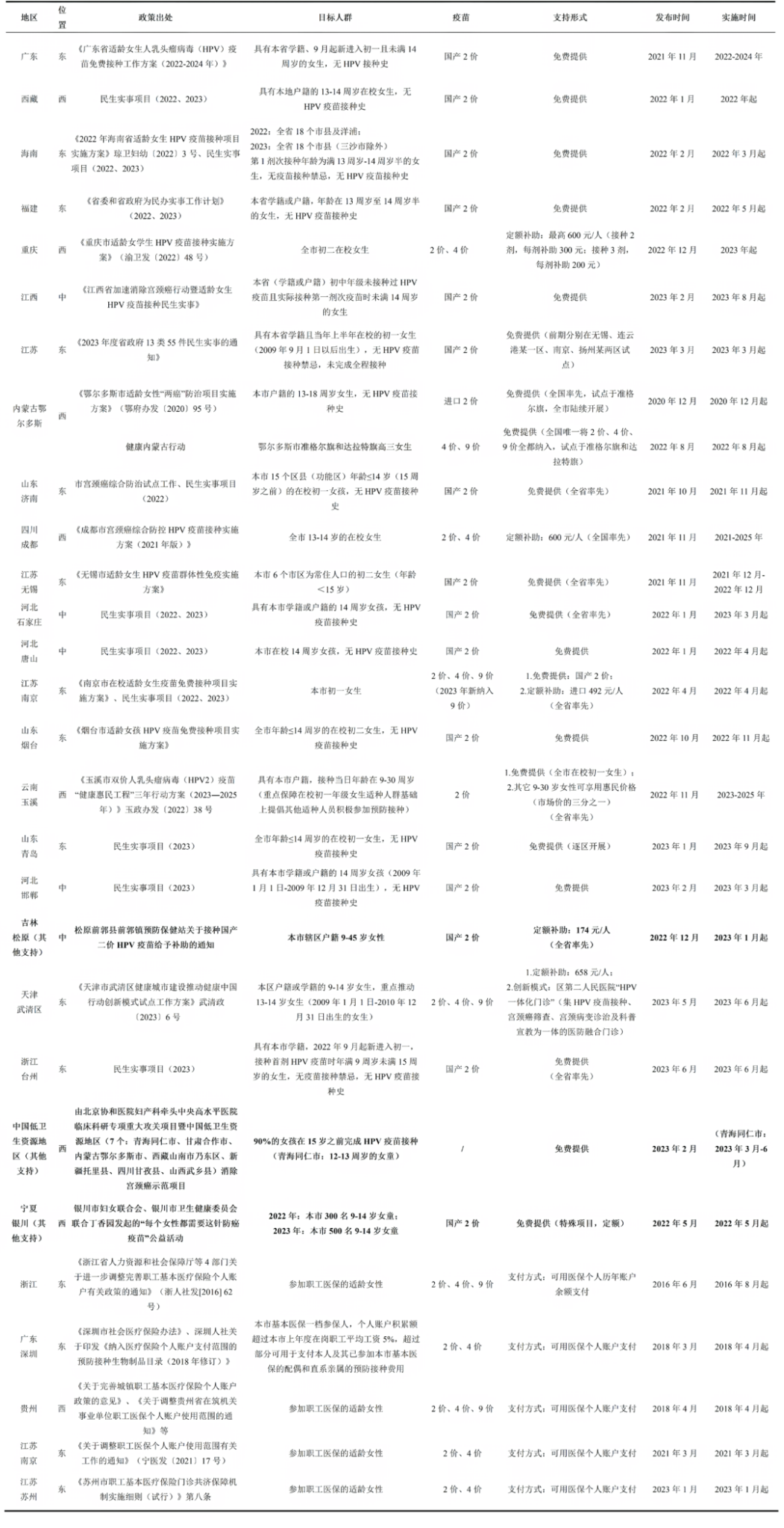Experiences and Implications from Introducing the Human Papillomavirus Vaccine (HPV) into China’s National Immunization Program
Since 2020, when Jungar Banner in Ordos included free HPV vaccinations for age-eligible girls in its government-led wellbeing improvement program, HPV vaccination has garnered widespread attention from all sectors of society in China.





